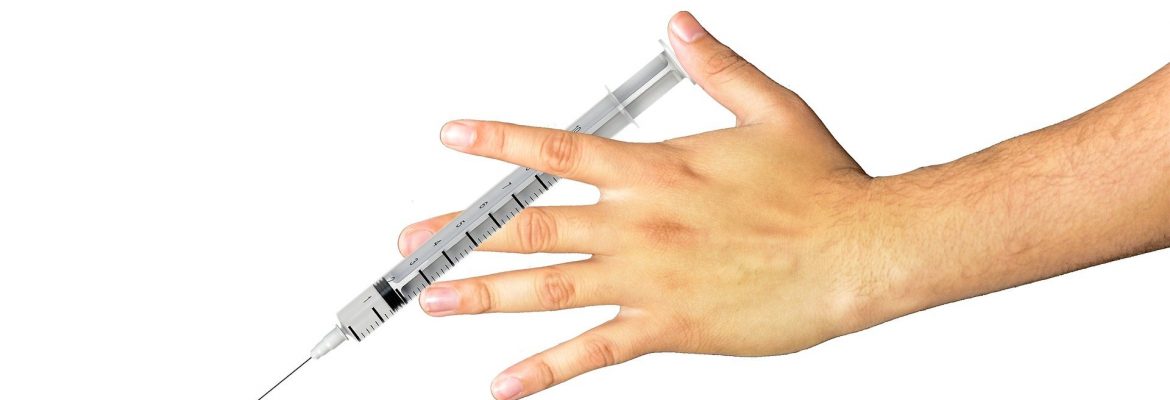Peter Salk, the son of polio vaccine’s developer, says the newest US polio case sounds a warning

After a man in Rockland County, New York, became the first patient to contract polio in the United States in nearly a decade, experts such as Dr. Peter Salk—whose late father, Jonas, developed a vaccine for the disease—said the public shouldn’t be alarmed but warned that children unvaccinated for polio could be at risk.
“Polio is only a plane flight away,” Dr. Salk said during a phone interview on Friday. “Here is a circumstance that demonstrated that.”
More than 60 years since Dr. Jonas Salk and his team of researchers unveiled an effective version of their polio vaccine at the University of Pittsburgh in 1955, the disease has become nearly eradicated in the United States. Ninety-two percent of the U.S. population has been inoculated against the virus.
But Dr. Salk, who serves as president of the Jonas Salk Legacy Foundation in La Jolla, California, and is a visiting professor at Pitt, said that the virus is still a threat to populations in other countries. When U.S. citizens unvaccinated against polio travel abroad, there’s always the threat that they could bring the virus home.
According to New York state health officials, the Rockland County case occurred in a man in his 20s who was a member of an ultra-Orthodox Jewish community, a population officials noted was less likely to vaccinate children. In this instance, health officials did not say whether the man was vaccinated against polio, but that he possibly contracted it abroad during a trip to Poland and Hungary.
The last case of naturally occurring polio in the United States was in 1979. There have been just a handful of cases since, although they were brought into the country by unvaccinated travelers who were in contact with someone who received the oral vaccine.
According to Dr. Salk, the Rockland County man was most likely exposed to someone who received the oral vaccine in another country. Recipients of the oral polio vaccine, which administers a live but weakened version of the polio virus, can more easily spread the virus to those who are unvaccinated.
In the United States, children are instead given a vaccine that uses a dead version of the virus—a direct result of Dr. Jonas Salk’s revolutionary research in Pittsburgh.
Dr. Salk said Friday that polio is untreatable and highly contagious, and it leads to paralysis in around 1 of every 200 cases. However, he stressed that as long as parents continued to vaccinate their children, they would be protected from the virus and the likelihood of another case developing in the U.S. was “hopefully small.”
Dr. Salk warned that populations across the world were increasingly at risk. However, vaccine disinformation rose during the COVID-19 pandemic and the chaotic nature of remote learning led some parents to forgo vaccinating their children—children who weren’t going into the classroom and therefore not required to be vaccinated by some kindergarten programs.
Dr. Salk mentioned that in England, for example, polio was reported last month for the first time in four decades after an outbreak spread through sewage in London. As in the United States, most British residents are inoculated against the disease, although the country’s health department warned anyone not vaccinated to quickly schedule an appointment to do so.
“I think that the unknown is part of the problem here,” Dr. Salk said. “Things are just so unfamiliar to people, concepts, that it’s sort of easy to fall prey to ideas that are being propagated by the natures of vaccines.”
Around 2015, well before COVID-19 would rattle the world and the understanding of public health, Dr. Salk was invited to put together a school curriculum on vaccines and immunization for young people to be exposed to these concepts early in their development.
The goal, he said, was that “soon enough, (students) would be in the position of parents and have to make decisions for their own families, that there would be some understanding about what’s really going on here.”
Source: Read Full Article
